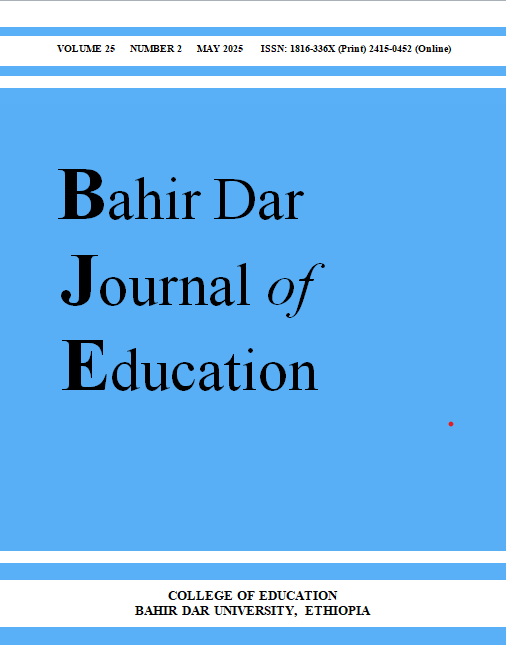Main Article Content
Social media use and academic performance among high school students: Roles of purpose of use and time spent on social media
Abstract
Studies have shown that social media (SM) can influence academic performance both positively and negatively depending on the students’ social media use (SMU) behaviors. This study examines the influence of purpose of SMU, time spent on SM and their interaction on students’ academic performance. The sample comprised 197 Grades 11 and 12 students from a private high school in Addis Ababa. We collected data on students’ academic performance from official school records and the students’ demographics and SMU behaviors through a survey questionnaire The findings indicated that slightly more than 60% of the students used SM for non-educational purposes and on average these students spent more time on SM than those who used SM for educational purposes. The students who used SM for educational purposes scored significantly higher in all four subjects (English, mathematics, chemistry and physics) than those who used SM for non-educational purposes. Students who spent shorter time on SM daily scored significantly better in all four subjects than those who spent longer. The purpose-by-time interaction effect is, however, not statistically significant. In conclusion, the findings showed that spending more time on SM contributes negatively to students’ academic performance irrespective of the purpose of SMU.







